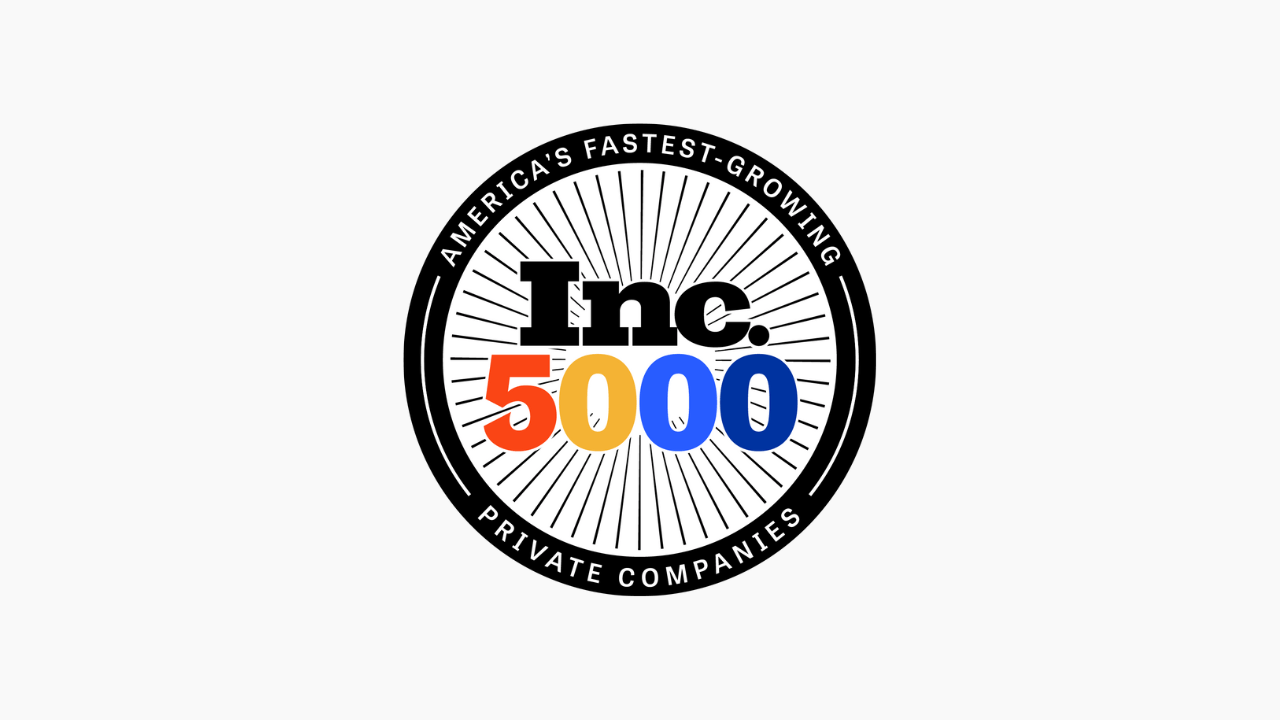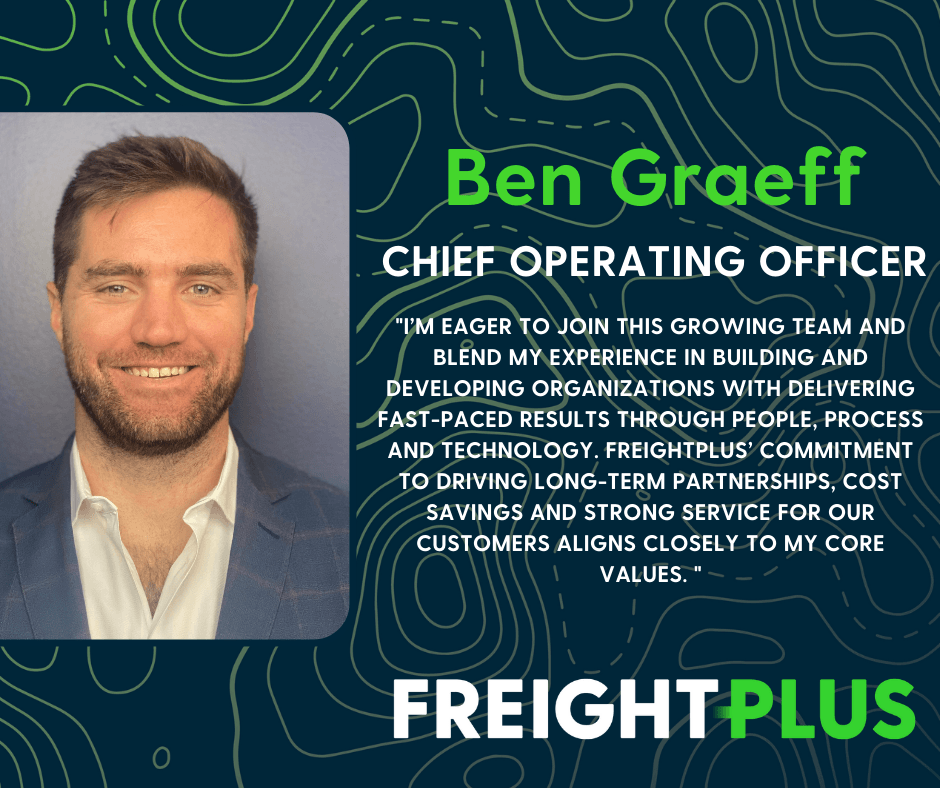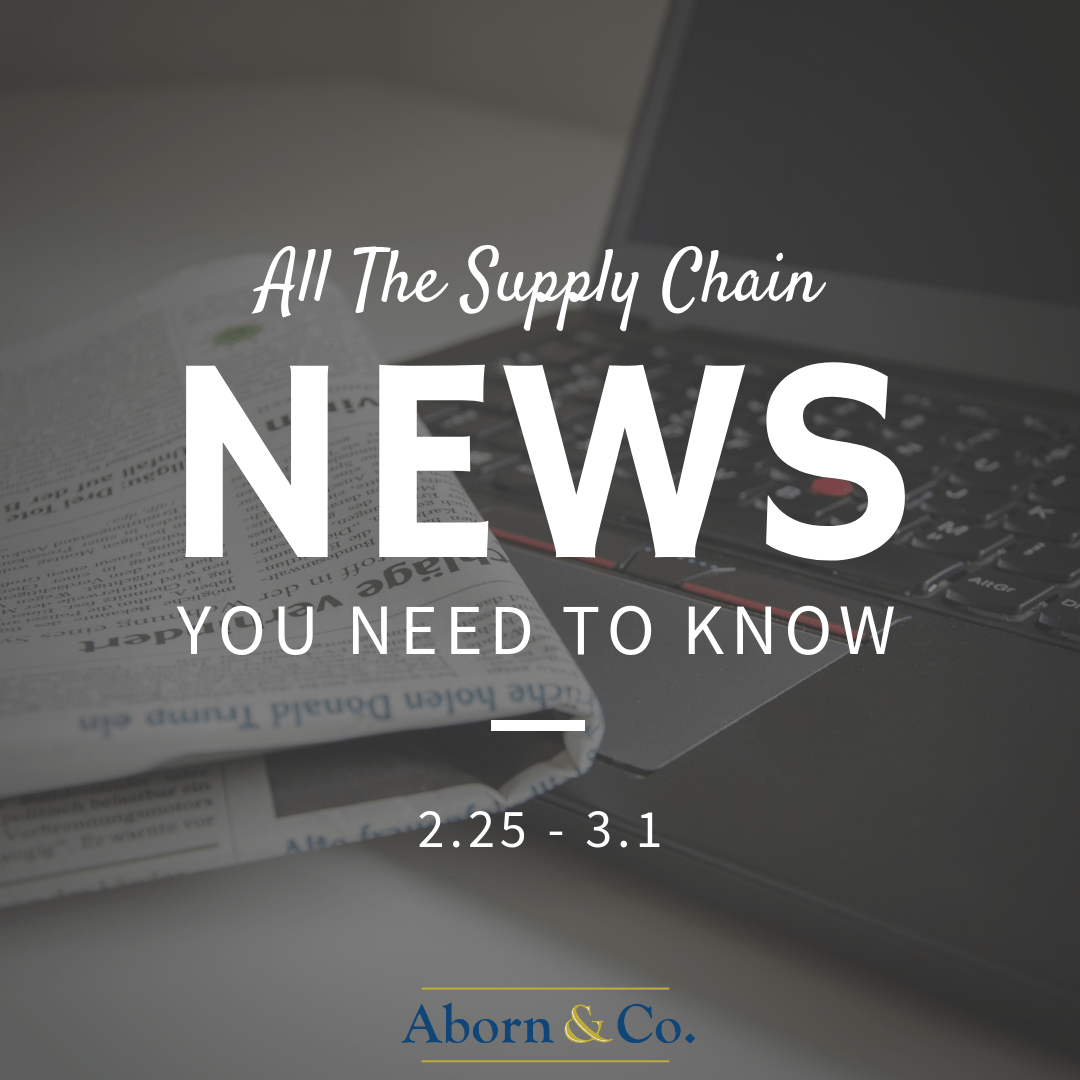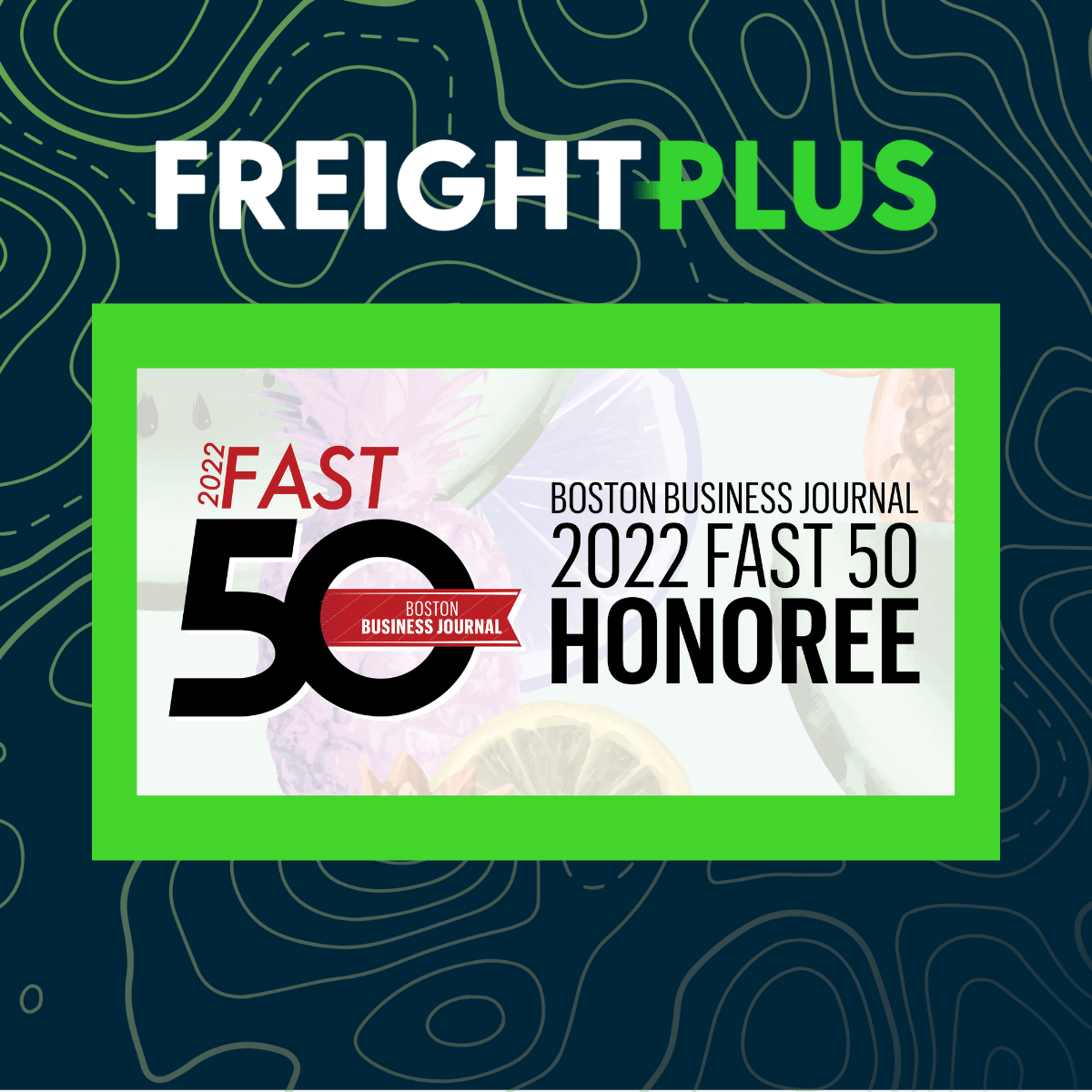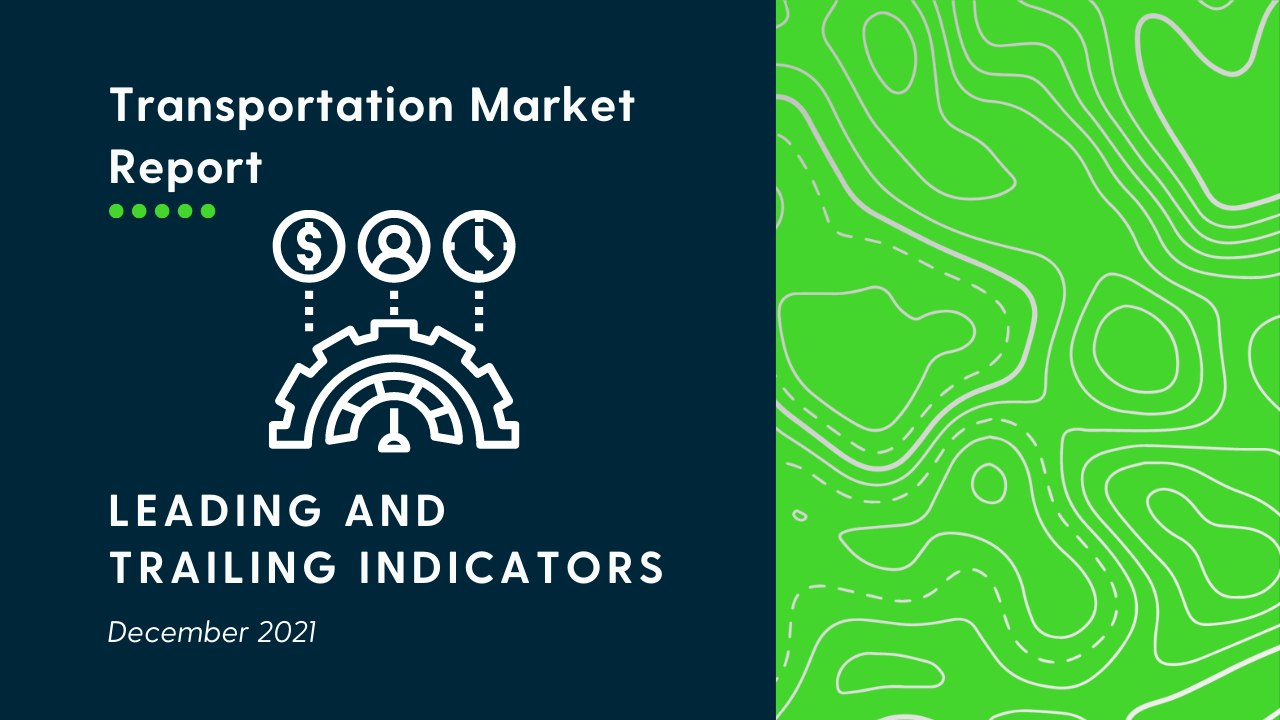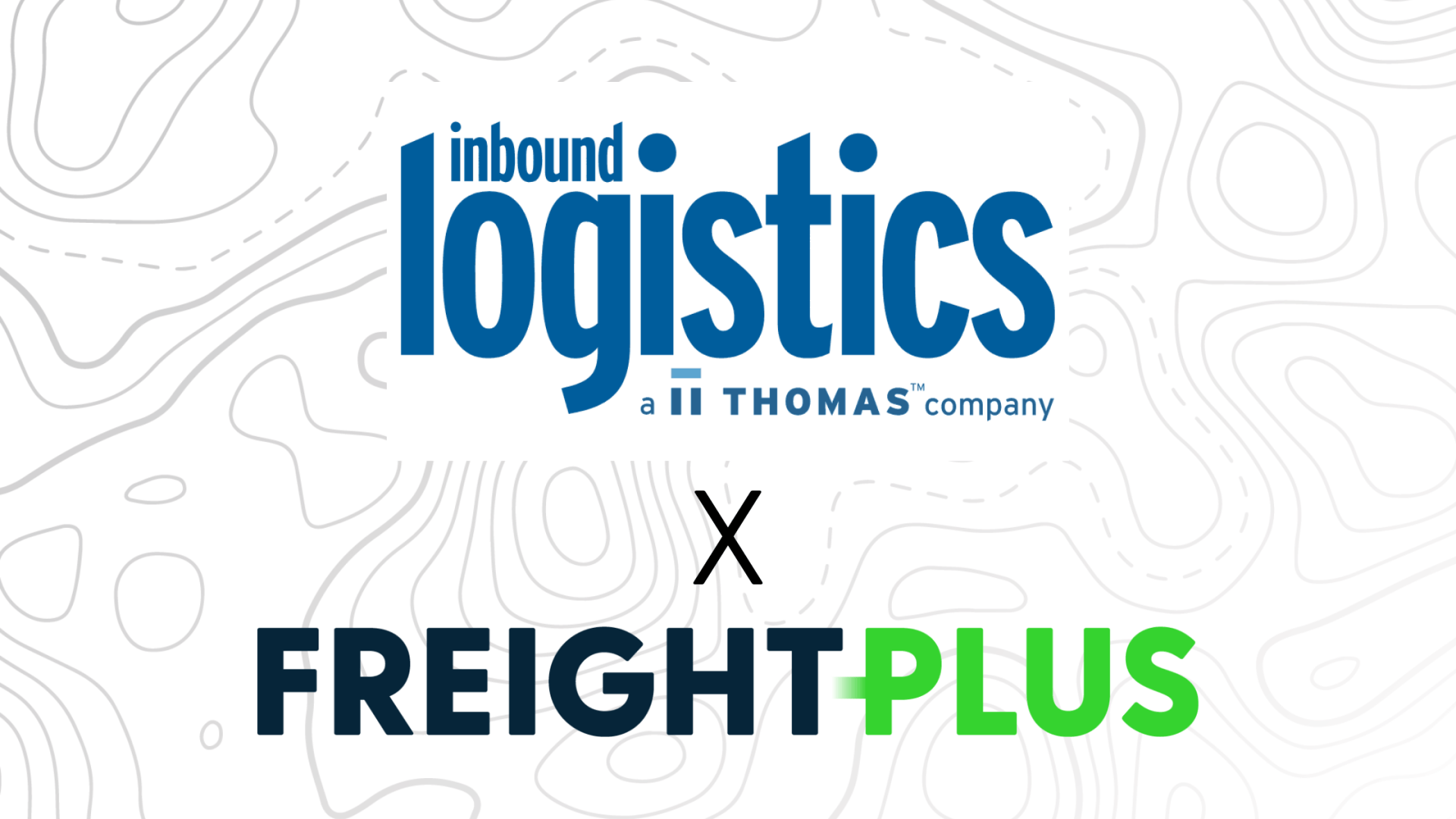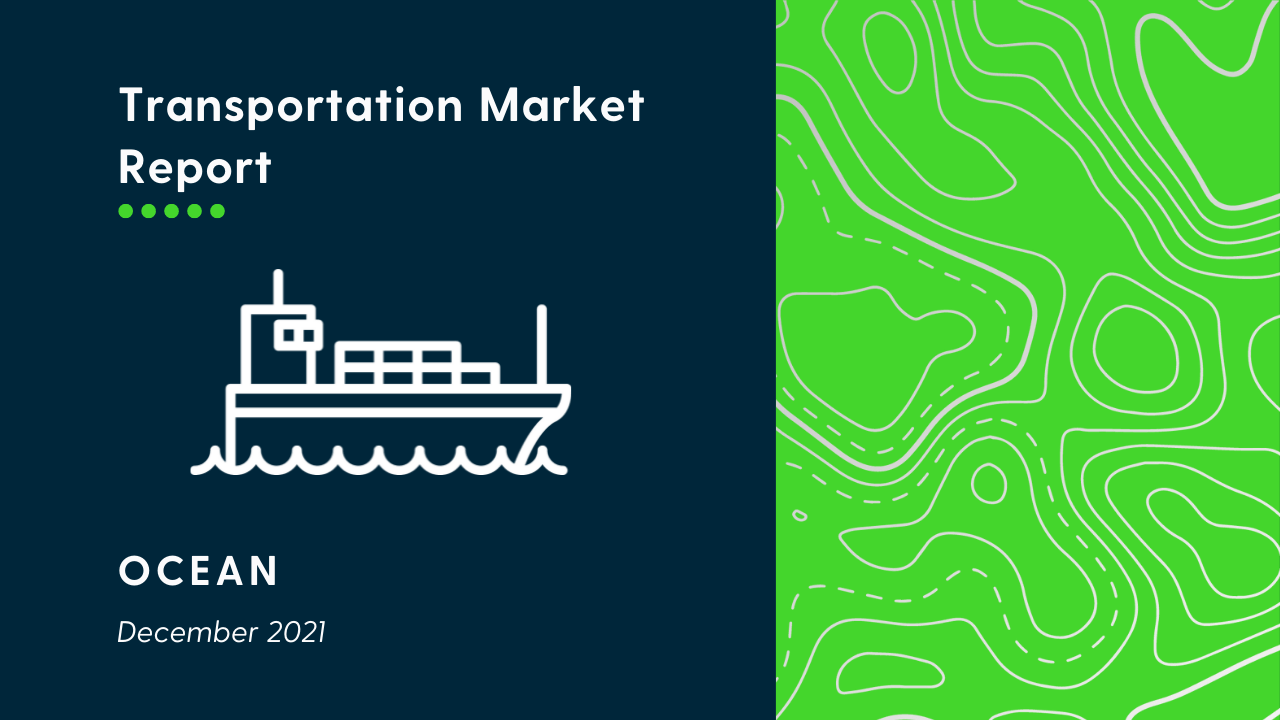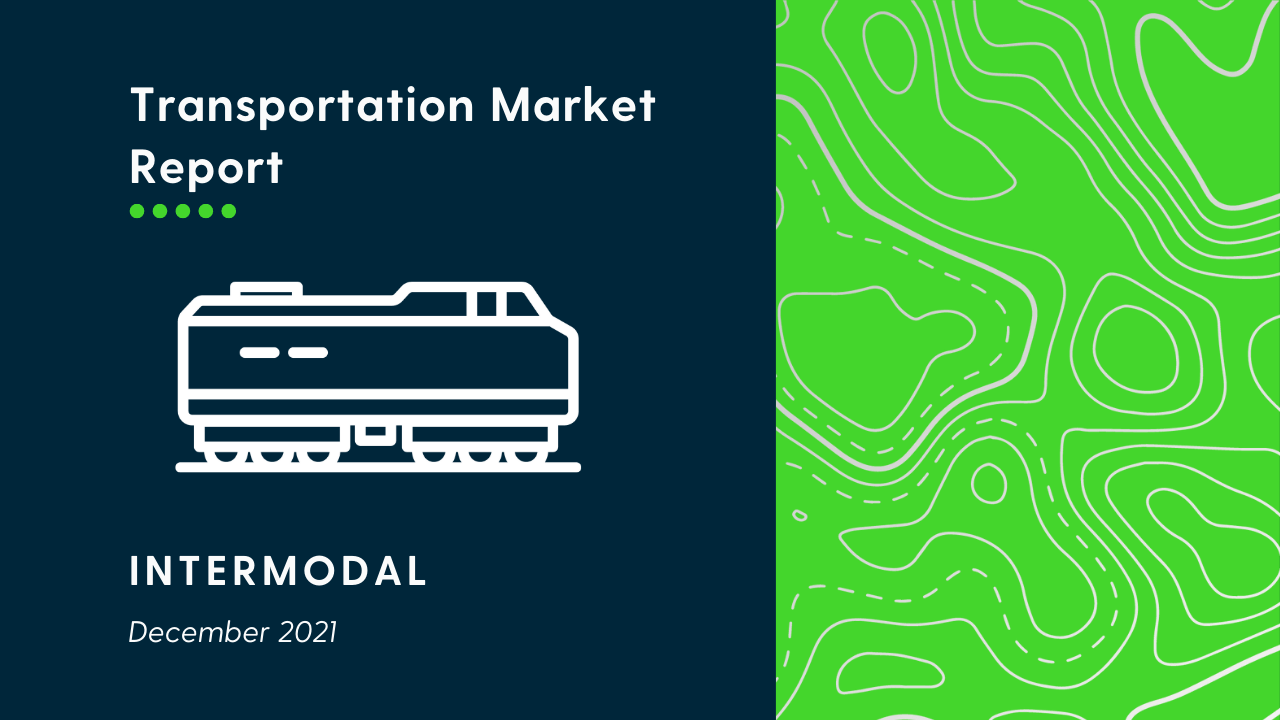All The Supply Chain News You Need To Know 2.25-3.1
2018 capacity crisis delivered record carrier profits. Trucking companies enjoyed a boom year as revenues and operating profits scaled new heights, while bankruptcies were at an all-time low. Rates soared to highs unseen since deregulation, and the carriers’ coffers reaped the market’s rewards. The nine largest publicly traded trucking companies collectively saw an 18% increase in total revenues and a 41% increase in their total operating profits, according to DAT.
Livingston acquired by Platinum Equity. Livingston, a leader in Canadian border and customs brokerage, has over 3,200 employees and a book of business that exceeds 30,000 clients. The Toronto-based firms has not announced any operational changes due to their change of ownership from the Canadian Pension Plan Investment Board and Sterling Partners to Platinum Equity. “With Platinum’s support, we will continue to execute on our customer-centric growth strategy, which focuses on offering best-in-class customs brokerage, trade compliance and logistics services to more than 30,000 businesses in the U.S., Canada and around the world,” said Livingston CEO Dan McHugh, according to FreightWaves.
Walmart taking control of its rail shipments. Walmart is developing its own fleet of intermodal containers and drivers to service rail hubs. The company has eliminated the use of 3PLs as they believe they can save themselves hours to days of transit by handling the business internally. "As [railroads] get better and in some cases, not as flexible, we want to have control over our entire supply chain," Braunbach said.
Amazon’s XPO withdrawal sees carrier closing warehouses, losing $600M. Amazon has paired down its parcel, brokerage, last mile, and logistics activity with XPO, according to J.P. Morgan analysts. This has resulted in a loss of $600 million in revenue for the carrier giant. Warehouse closings in Aberdeen, Maryland; Edgerton, Kansas; and Rialto, California came as a surprise and a “body blow” to XPO, said their CEO Brad Jacobs. "We had another significant development when our largest customer pulled back at least two thirds of their business and that's just a big development. And that there's no way that you can't bring guidance down when you lose $600 million of revenue on very short notice." Amazon now lists carriers as their competitors during their earnings reports.
Is country of origin info the next back of box nutrition label? Accenture, Amazon, and Mastercard's blockchain transparency platform could give supply chain visibility to consumers. “We saw directly linking consumers and the value created at the end of a supply chain directly back to help small producers at the beginning as critical to actually driving real social and environmental change,” said David Treat, managing director and global lead at Accenture. Accenture’s ambitious plan includes app-based technology that can scan barcodes and product labels, which provides consumers with its “supply chain origins from start to finish.”
Maersk, CMA CGM, and Hapag Llyod leaders on ocean carrier digitization survey. The report shows a groundswell of activity among carriers to modernize their supply chains and provide a better experience to their customers. Although the numbers aren’t great, they’ve been steadily growing since 2015. 50% of carriers now have a head of transformation and 40% have published a digital strategy. However, of the 30 ocean/air carriers surveyed by Freightos, 24 are still using 40 year-old technology like EDI. The carriers who serve their customers with real-time data via api are CMA CGM, Maersk, MSC, Air France, KLM Cargo, Delta Cargo, and Lufthansa. "Carriers should be proud to be the backbone of world trade, powering unprecedented job creation and consumer choice, but for twenty years while retail, passenger travel and financial services were transforming through digitalization, our industry was still pushing paper airway bills and bills of lading, and manually emailing Excel-based rate sheets," said Freightos CEO Zvi Schreiber to SupplyChainDive. "This survey shows that finally, the change has started. The first horses are out of the gate. And like in other industries there will be digital winners and losers."
Only 15% of retailers digitize end-to-end supply chain. 85% of US retailers still use manual methods within their supply chain, according to a survey by Gravity Supply Chain Solutions. Although only 15% of retailers have digitized their supply chains, 54% believe that the main benefit of digitization is improved customer experience. 45% reported that tracking products in Excel was a major pain point. An additional 40% claim that cost has been their greatest barrier to innovation. "This highlights that the concept of supply chain digitization is widely recognized as a positive in the retail industry, that enables a shift in strategy from supply chain as purely a cost center to a driver of profit and competitive advantage," the report concludes.
Meanwhile, it's this week's, "Where's my freight?!"
Checkout the latest episode of our podcast !
Listen below or subscribe now on iTunes , Spotify , or simply search your favorite podcast player for Consulting Logistics!

